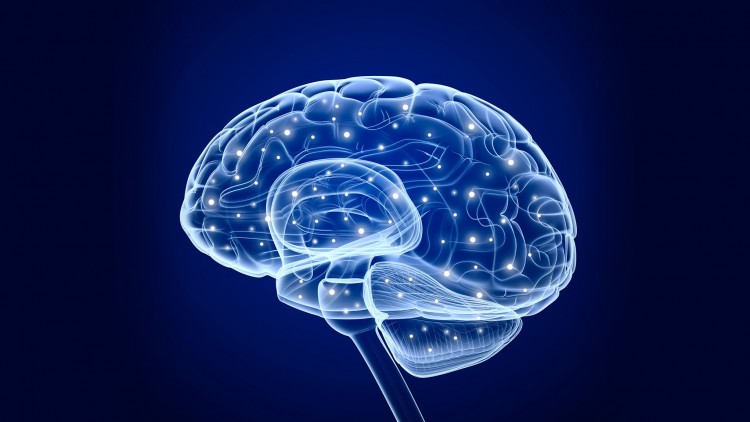The Neuroscience of Habits
Creating Lasting Habits and Keeping Your Resolutions
3.92 (52 reviews)

1,010
students
5.5 hours
content
Jan 2014
last update
$54.99
regular price
What you will learn
The objective of this course is to give you all of the powerful neuroscientific research that shows us how to rewire our brains. Our brains are capable of conscious behavior change, we just need to know how it works so that we can work with it. By the end of the course you'll be fully equipped to create any habit you want to create and implement any changes you want in your life.
This course consists of video lectures and downloadable materials to further aid your learning.I am always available for any questions anyone would like to ask.
I have included a 106 page PDF document of all of the course slides from each lecture to download.
Screenshots




Related Topics
146676
udemy ID
1/14/2014
course created date
4/1/2023
course indexed date
Bot
course submited by